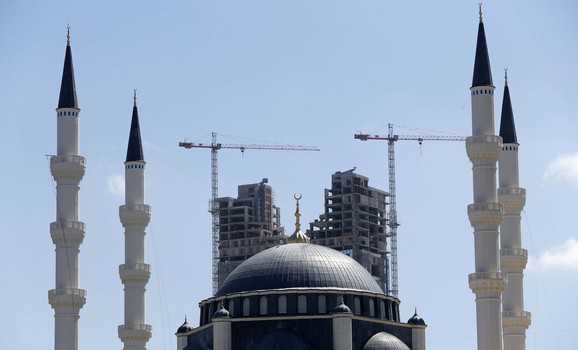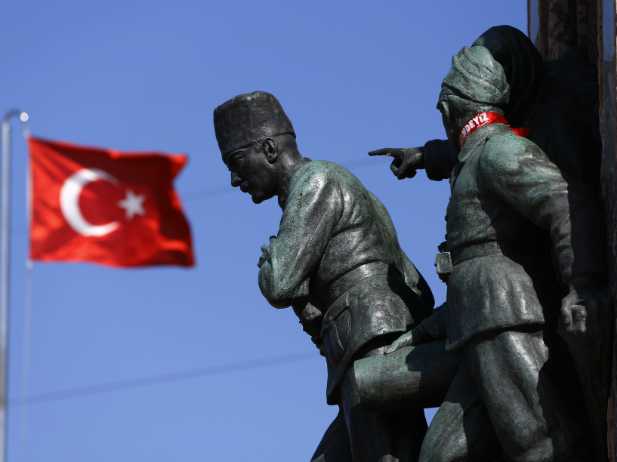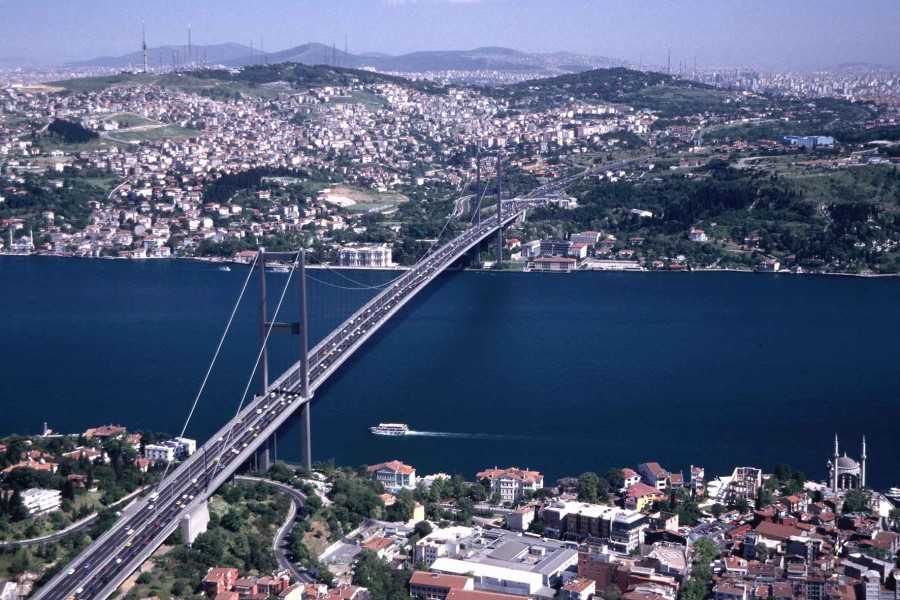14/122715831025100.xml&coll=1#
continue
U.S. figures include more than 764,000 here
Thursday, November 20, 2008
BY JUDY PEET
Star-Ledger Staff
Even in one of the wealthiest states in America, one of every 11 New
Jerseyans goes to bed without enough to eat, according to a report
released yesterday by the Food Research and Action Center in
Washington, D.C.
Nationwide, the number of Americans struggling against hunger rose to
36.2 million in 2007, up by more than 3 million since 2000, according
to the center’s State of the States report on poverty and food
insecurity issues. The number of people in the worst-off category —
the hungriest — rose by 40 percent since 2000, to nearly 12 million
people.
“The nation’s economic crisis brings with it rising rates of hunger.
However, we also have an excellent opportunity to resolutely address
the hunger problem with a new president and a new Congress,” said Jim
Weill, president of the FRAC, a national nonprofit policy
organization.
The report, based on United States Department of Agriculture figures,
analyzed poverty, hunger and access to federal nutrition programs by
state. Among its findings:
* The 36.2 million hungry people in the U.S. include 23.8 million
adults and 12.4 million children.
* Black (22.2 percent) and Hispanic (20.1 percent) households
experienced hunger at far higher rates than the national average.
* The five states with the highest rates of hunger were Mississippi,
New Mexico, Texas, Arkansas and Maine.
New Jersey has one of the lowest poverty rates in the nation, and the
hunger rate here is 8.8. percent, nearly half that of Mississippi.
Yet even here, more than 764,000 people go hungry, and New Jersey has
one of the lowest participation rates in both free school breakfast
and food stamp programs of any state, the report said.
The state ranked in the bottom 10 for food stamp participation, with
less than 60 percent of those eligible actually receiving assistance.
It ranked in the bottom six with a 65 percent participation rate for
free and reduced-price school breakfasts.
Discouraging as the figures are, they were based on 2007 federal
statistics. Hunger experts in New Jersey, and across the country,
predict that 2008 will be even more dismal.
“Emergency pantries are reporting a 30 percent increase in the
numbers of people seeking food assistance (this year), compared with
2007 numbers,” said Meara Nigro at Community FoodBank in Hillside,
the state’s largest food bank. “Clearly the level of hunger resulting
from this economic crisis is bigger than charities alone can handle.”





